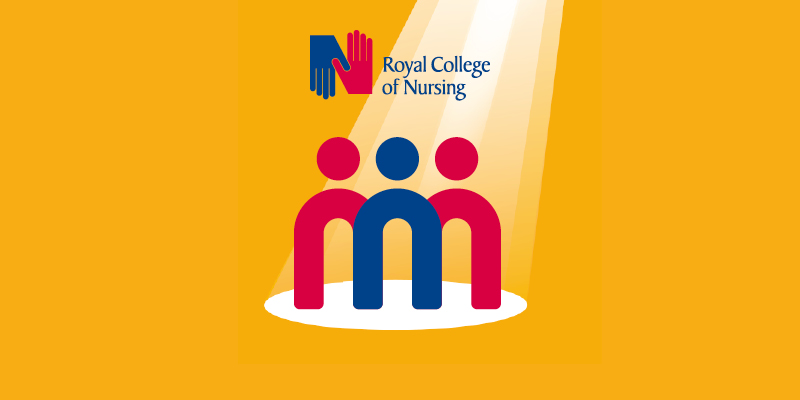Charlotte Gordon, from the RCN Diabetes Forum, explains why the way we talk to people with diabetes is so important
“If you managed your blood glucose properly you wouldn’t be having all these problems.”
Who would want to hear that? I definitely wouldn’t and it certainly wouldn’t make me feel motivated to change.
But it’s what people with diabetes hear all too often. Not only are they told they have lots of challenging issues to deal with, which they’re already perfectly aware of, but they’re made to feel it’s their fault.
Of course it’s not the kind of thing most health care professionals would say, but it’s a useful reminder of what some people hear regularly and the day-to-day guilt and worry many are living with. They may not be our words but we still need to be aware of their impact.
A trusting relationship
People living with diabetes are often extremely knowledgeable about their condition – after all, they might only spend three hours a year with a specialist health professional.
The rest of the time, they’re dealing with their condition themselves. And as individuals who know what works for them, a hospital stay can be extremely disconcerting and disempowering. That too can lead to problems with blood glucose management.
But they trust us. If we’re careful with the language we use we can help people with diabetes feel less anxious and more confident in the way they look after themselves, not just when they’re in our care, but throughout their lives.
A hospital stay can be extremely disconcerting and disempowering
Many negative stereotypes surrounding diabetes can be reinforced with a poor choice of words so let’s do all we can to avoid people feeling shame or guilt. If someone feels ashamed of having diabetes, it’s likely they’ll find it much harder to manage their condition proactively.
Diabetes and emotional health
It’s particularly important that we consider our language when working with people with diabetes as they are twice as likely to suffer from depression compared to others. It’s the most common mental health diagnosis in the diabetes community and people with diabetes are more likely to be depressed for longer and more frequently.
In some ways, it’s hardly surprising. The demands of the condition are huge and this can have an impact on an individual’s sense of wellbeing. Day after day of worry; week after week of physical concerns; month after month of guilt. The question might be, who wouldn’t be affected?
Depression can have a serious impact on a person's motivation to self-manage so another way we can help is to make sure we listen to how patients are communicating with us too. If someone says they “can’t be bothered” with their care, it’s time for us to consider an onward referral to their GP or specialist nurse for further support and to find out what lies behind these feelings.
We’re not mental health experts, but knowing what to look out for and when to refer can make all the difference. Find out where to seek guidance in your area for additional support for people who may have, or be at risk of depression.
Be mindful of what people in your care are dealing with on a day-to-day basis
More than anything, be mindful of what people in your care are dealing with on a day-to-day basis and remember you’re the only one who might notice if they’re struggling.
What is diabetes distress?
It’s emotional distress resulting from living with diabetes and the burden of relentless daily self-management.
There are many issues to consider, including the diagnosis itself. Feeling different to everyone else and having the responsibility of self-managing a long-term condition can have an impact. Some patients feel guilty, anxious or afraid. There’s a lot to take in – worry about hypos, serious complications, injections and a reduced life expectancy.
The lifestyle changes that may have to be made might lead to a poorer quality of life and many people worry about maintaining the treatment and managing the condition themselves too.
Others feel they’re doing everything they’re being asked to but their blood glucose control still isn’t where they’d want it to be. That might lead them to question why they’re bothering to try to control things.
Further information
- Read Language Matters on the NHS England website.
- Become a member of the RCN Diabetes Forum.
- The RCN in Wales is holding a series of training events on diabetes for health care support workers, taking place on 5 March, 2 April and 23 April. Find out more.








